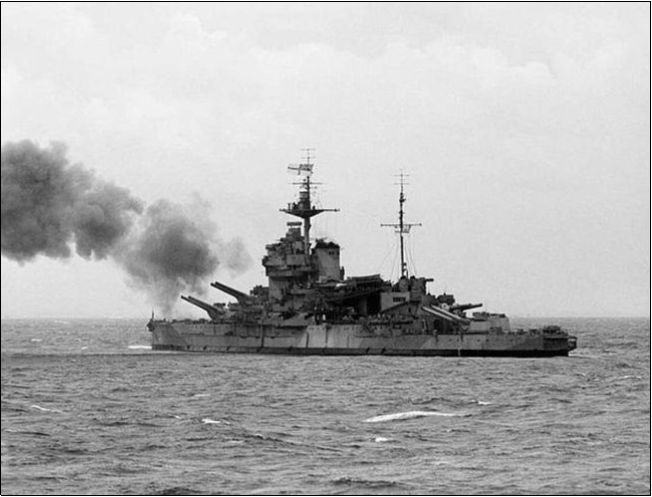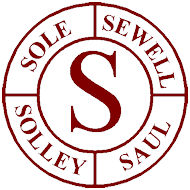By Norman Smith
This article was published in the December 2018 edition of Soul Search, the Journal of The Sole Society
The final part of Norman Smith’s memories of his time growing up in Ramsgate during the war, we have reached 1943.
I recall a more significant event from this period. It was standing at our bedroom window overlooking the Margate Road one night and watching fire engines (presumably from neighbouring towns) proceed towards the centre of Ramsgate, which was the site of a great conflagration. We soon learnt that German shelling had ignited the gas works. According to Humphreys1 pp. 200-201), this was on the night of 28th June.
Apart from our vacating the town in the October of the year, I have no other specific memories of Ramsgate I can place in that year. Despite our having arrived in the ‘safe’ town of Reading, I remember my mother breaking into tears as sat on the bare boards eating canned pink salmon while waiting for our furniture to arrive.

I do have a few memories of wartime Ramsgate unattached to any idea of date, however uncertain. One is of thinking how pretty the tracer bursts from the small warships in the harbour looked against the night sky or listening to a friend of my brother’s describing preparing for action stations on the famous battleship HMS Warspite. Another is of seeing the platform on Gillingham Station packed with Royal Naval ratings; this was probably either in 1940 when mother and I were en route to the Potteries or in 1943 heading for Reading. For Christmas 1940, 1941 or 1942, a kind relative decided to help compensate for the lack of toys by making me a beautiful model airplane from balsa wood and grease-proof paper. On its first flight, it crash landed and broke into irreparable fragments. Bacon pieces, mostly rind, were off-ration and a relative who worked at Vye’s the Ramsgate grocers would sometimes get some of these for us; they were highly prized. A rare treat was rose hip syrup and even more so orange juice which I only tasted courtesy of the lady next door at Margate Road who became pregnant, qualifying her for special rations such as orange juice. Perhaps the weirdest thing was being taken to a variety show in the West Cliff Hall where I distinctly remember a pretty singer in a pink dress, who was back-lighted, prompting my Mum to remark that she was not wearing underwear.
Being older and securely ensconced in Reading changed my war totally. The action was gone and the war became something to be followed in the newspapers, on the radio and film newsreels. I remember these bringing me knowledge of events as varied as the liberation of Antwerp, the dropping of the atomic bombs on Hiroshima and Nagasaki and victory in both Europe (VE-day) and over Japan (VJ-day). Maybe I heard the air assault accompanying D-day in June 1944 – because I can recall a night when I lay in bed listening to an apparently endless passage of aircraft overhead – and we were not on the routes of planes engaged in the strategic bombing of Germany. Also I can remember Reading’s V-E day firework display and town party.
I have a bundle of wartime recollections lacking either a geographical or date attachment (or often both). Many of these concerned food. Perhaps the strongest, since it concerns memories of smell and taste as well as sight, was of my Mum cooking bacon for my Dad before he left for a night-shift. I was allowed to dip a piece of bread into the fat. It is worth saying that my Dad received an increased bacon and cheese ration because of his work. The only fish available I can remember was blocks of deep frozen cod – from Iceland or Newfoundland I suppose. It is shameful to say so, but I liked it when corned beef provided the meat ration in whole or in part because heavy shipping losses had reduced the unprocessed meat supply. To supplement our meagre meat ration, we ate everything ‘meaty’ and both edible and unrationed, including tripe, pigs’ trotters, chitterlings, sheep’s heads and other things rarely eaten now.
Of course once America was in the war a range of new tastes became familiar, such as dried egg (lovely for omelettes), spam and tinned sausages (better than ours which had virtually no meat). My Dad was a great gardener and his home-grown vegetables made a dietary contribution, small (like our garden) in Ramsgate but very large (like the garden) in Reading where we also kept chickens and rabbits for eggs and meat.
Perhaps I should end by mentioning some surprising gaps in my recollections. The greatest is the lack of loud sounds. What happened to all the bangs and crashes I must have experienced? That is not to say that I cannot remember any sounds. The air raid warning and all-clear sirens I can recall also quite a few songs including ‘Run Rabbit, Run, Run, Run’, ‘There’ll always be an England’, ‘Deep in the Heart of Texas’ and ‘Johnny’s Got a Zero ’ and the voices of radio personalities such as Tommy Handley of ITMA fame. Recollections of smells are even rarer – just the frying bacon and the Ramsgate tunnels. Probably because I was not really aware of what was going on, I do not remember being frightened but I do remember being very patriotic!

References:
Humphreys, R. (1991), Thanet at War 1939-45, Stroud: Alan Sutton Publishing Limited.
© Norman J. Smith
14 November 2017
